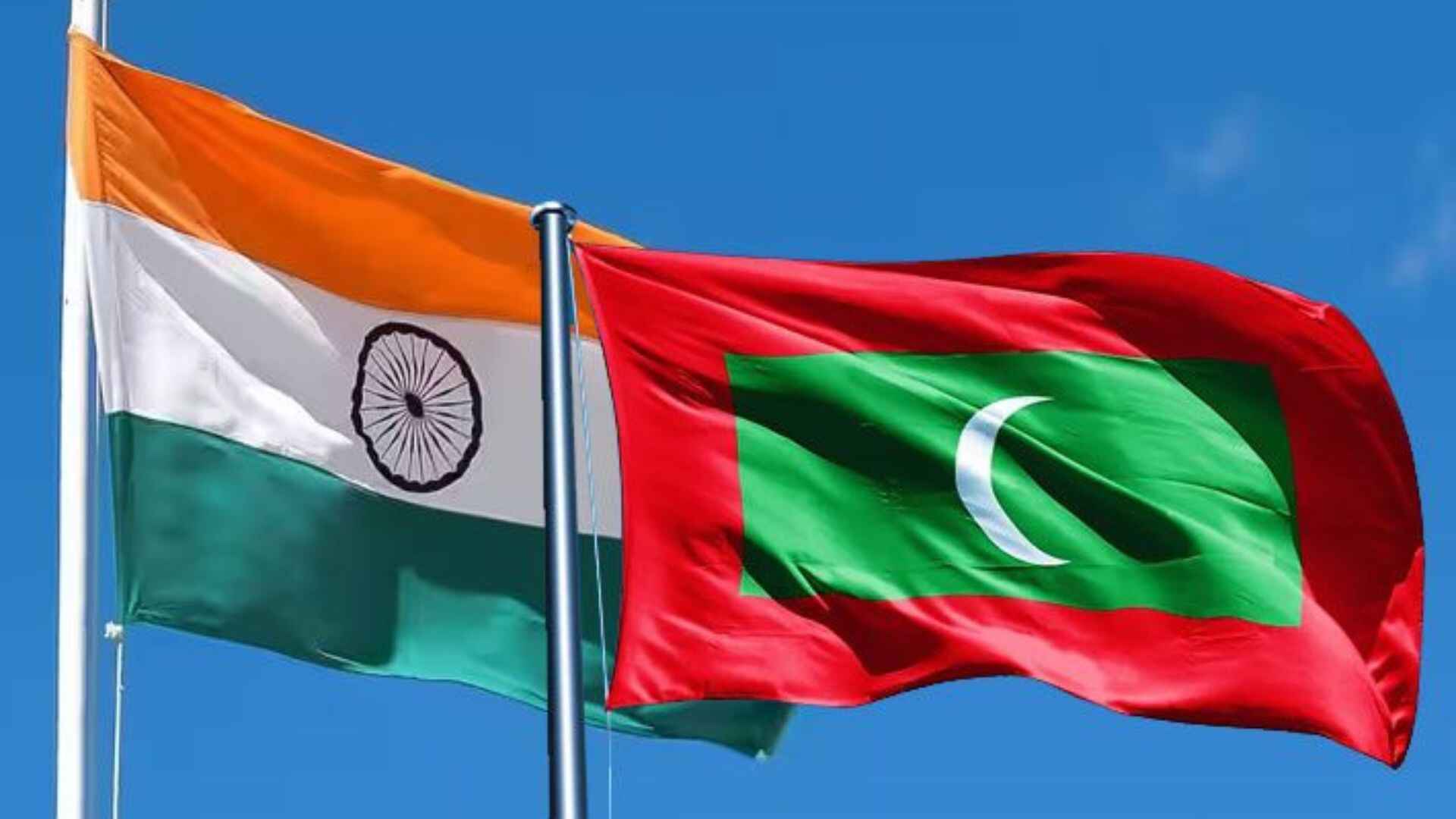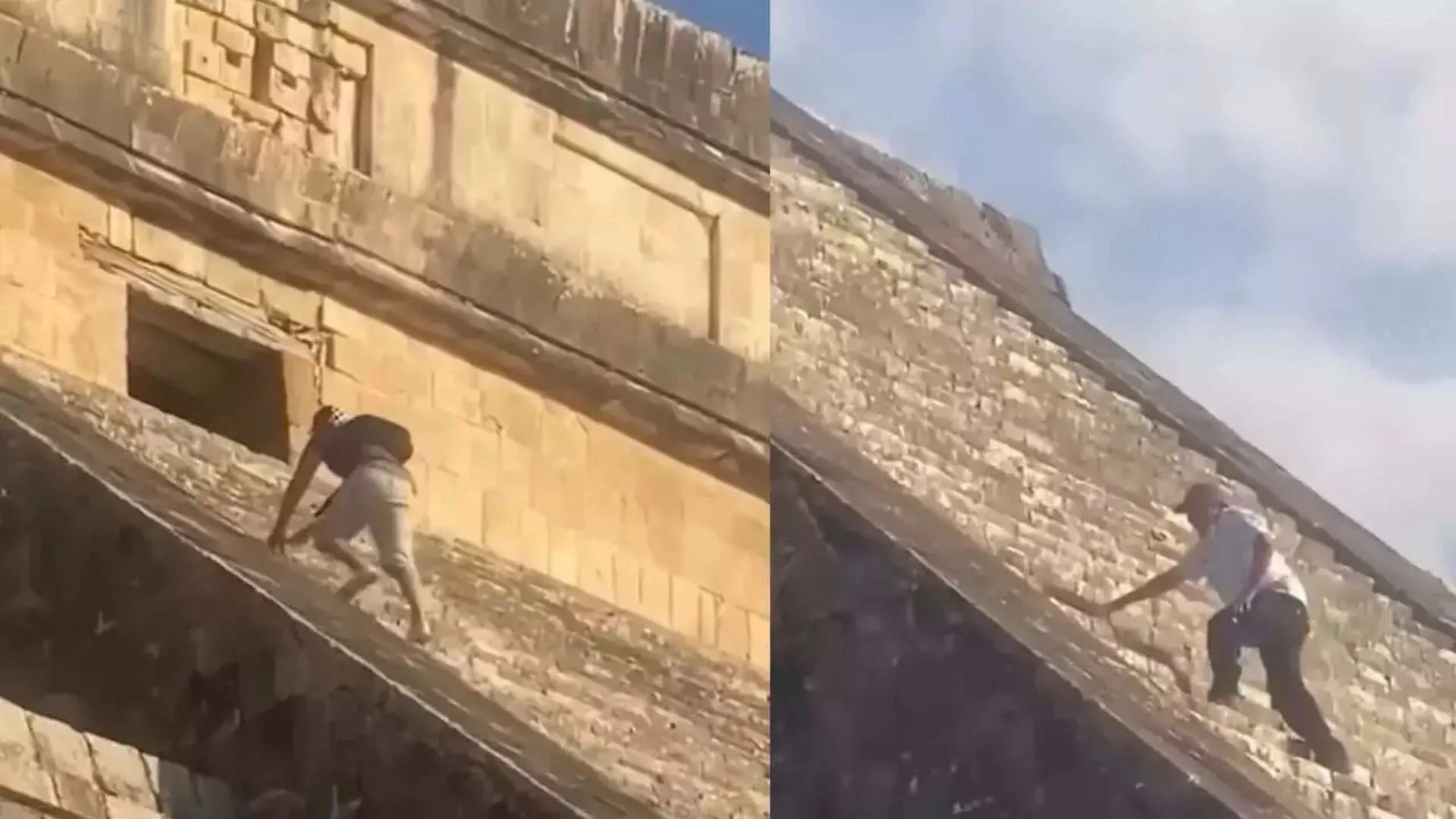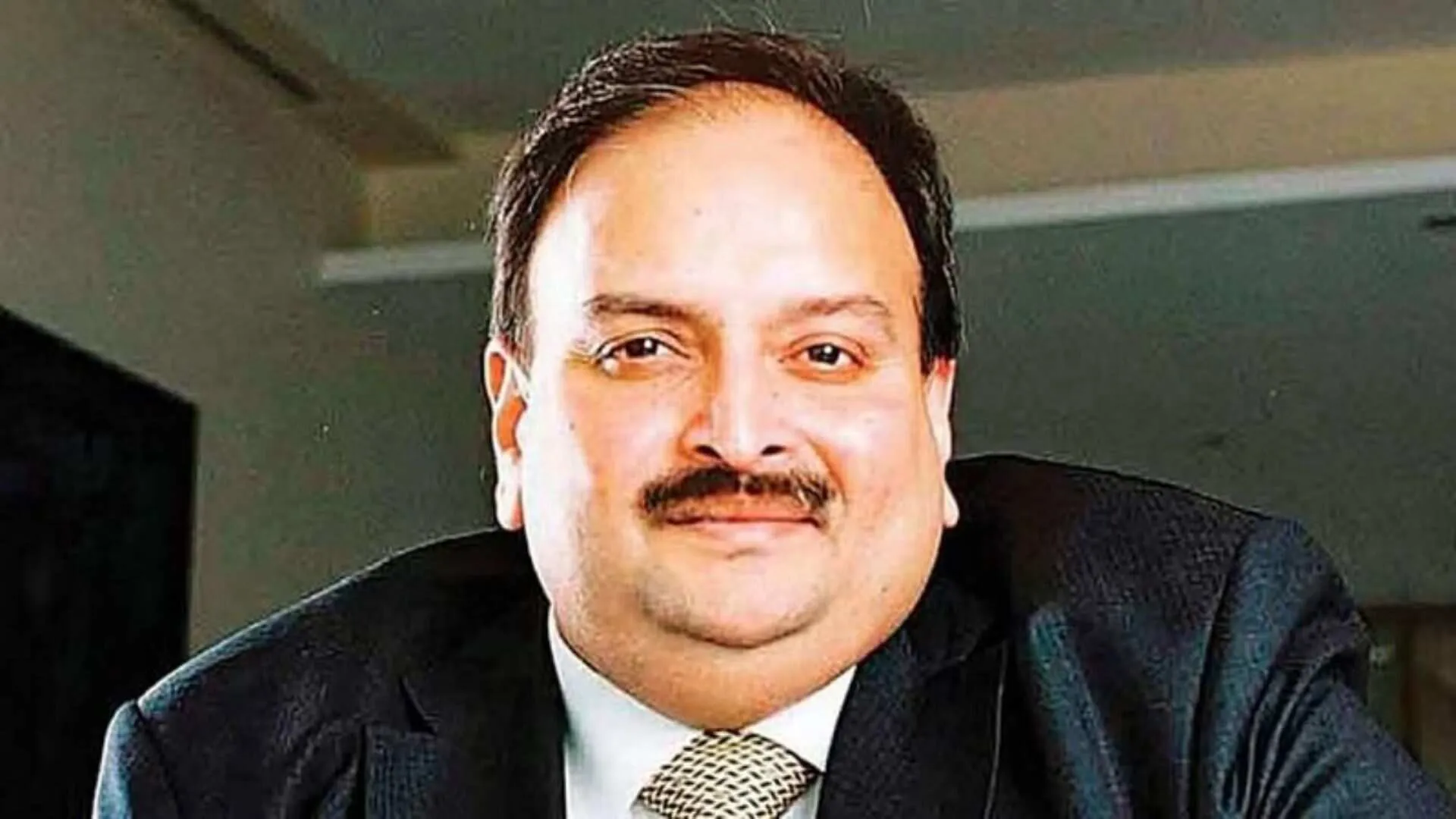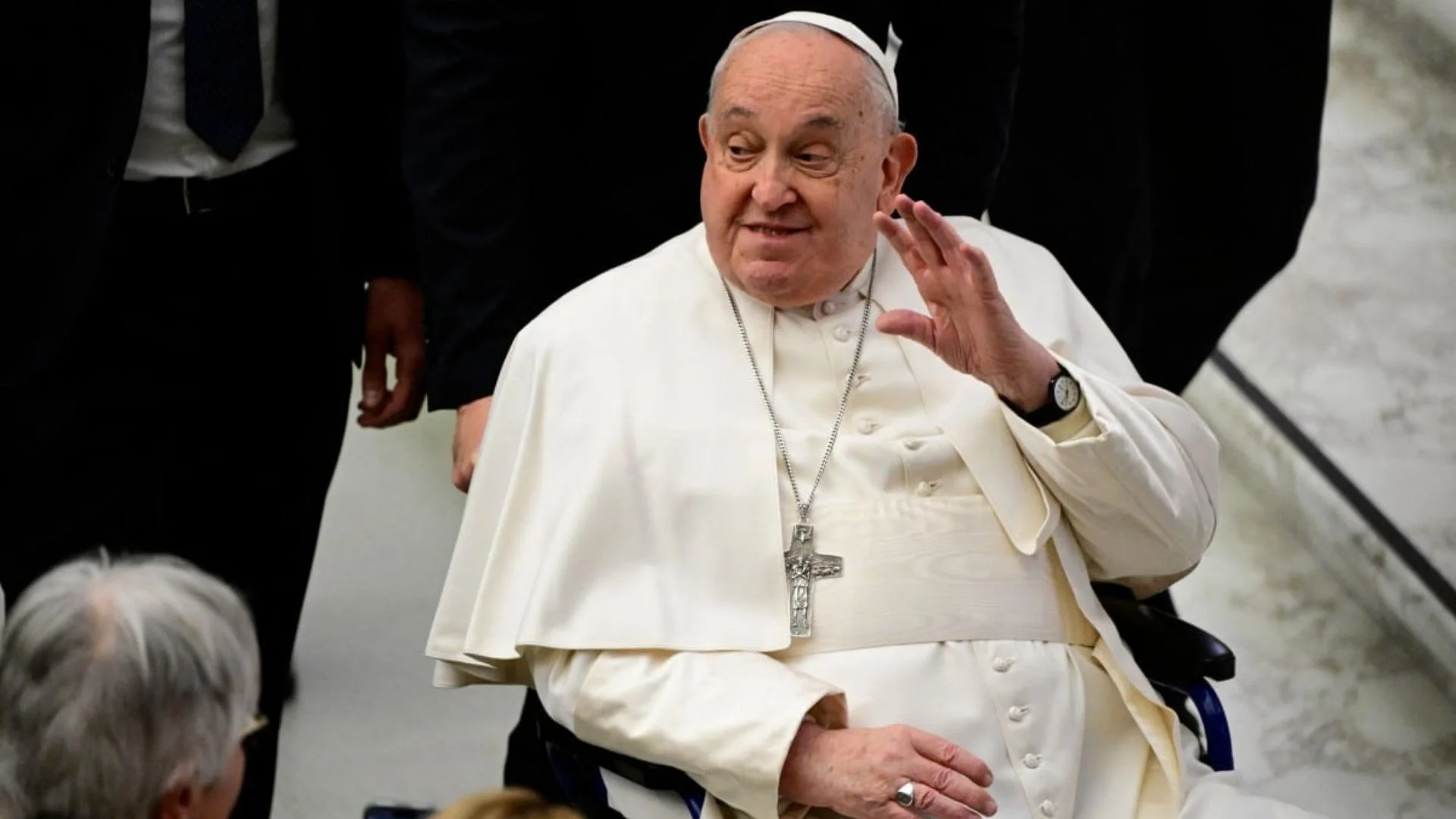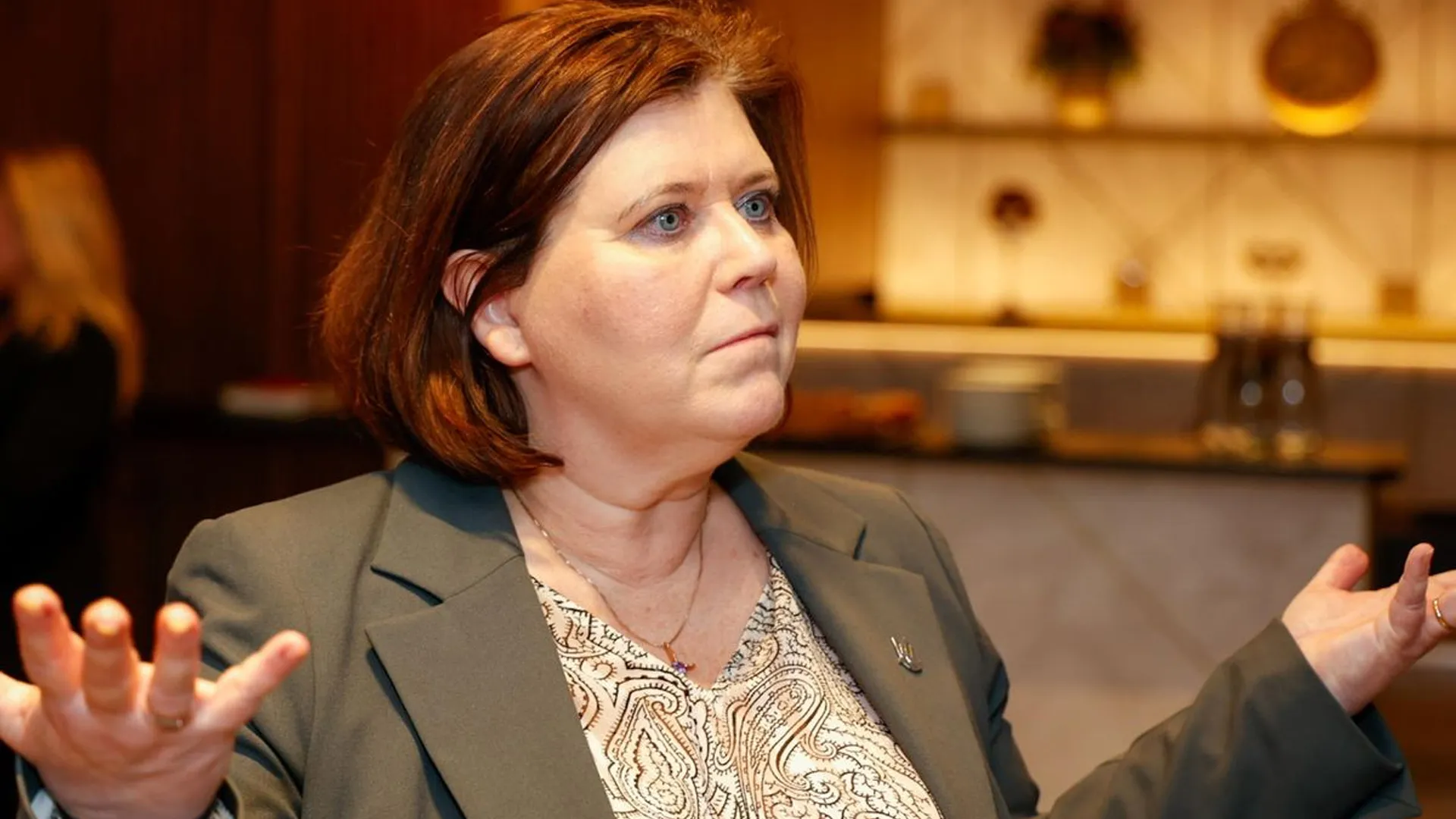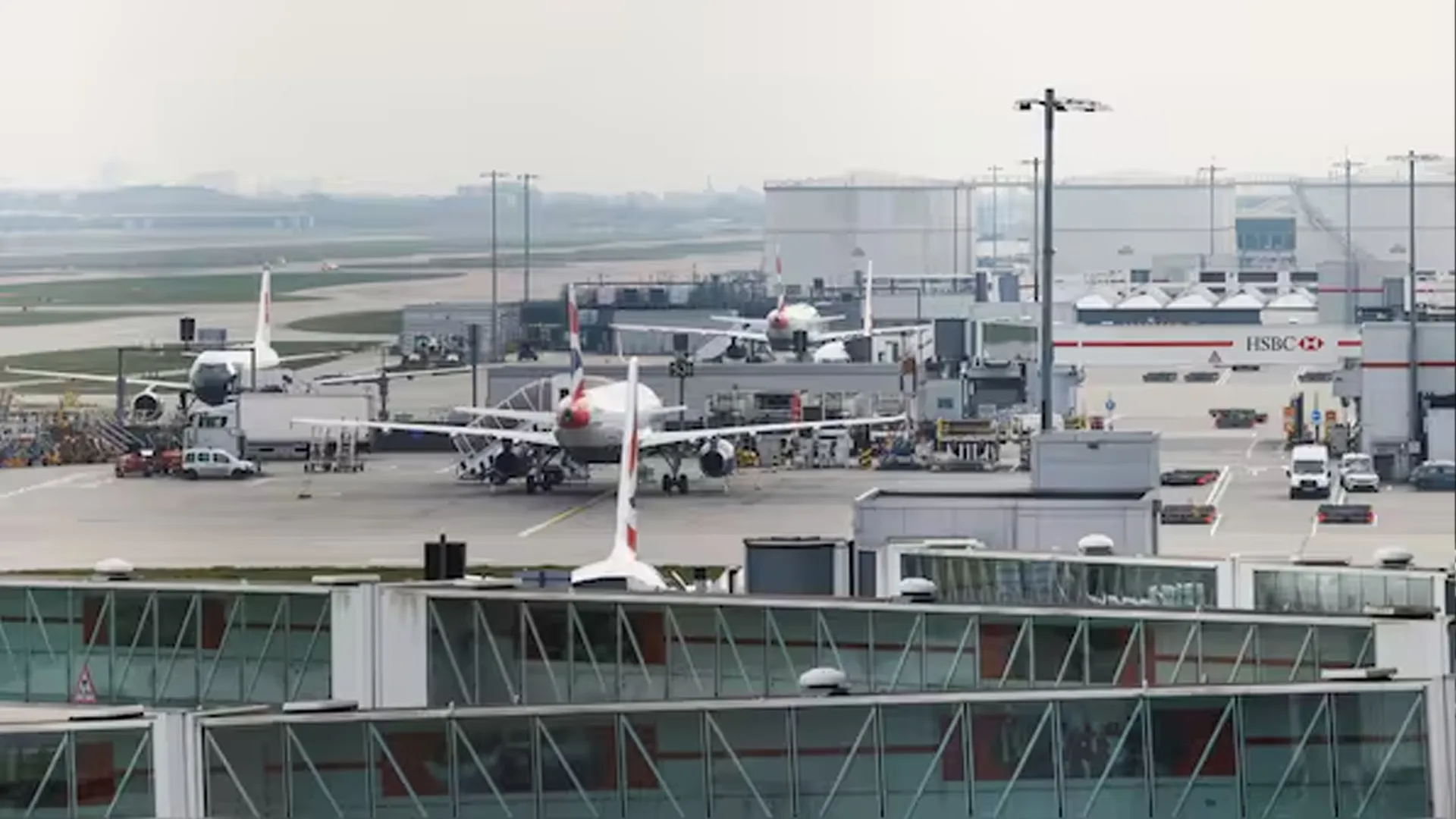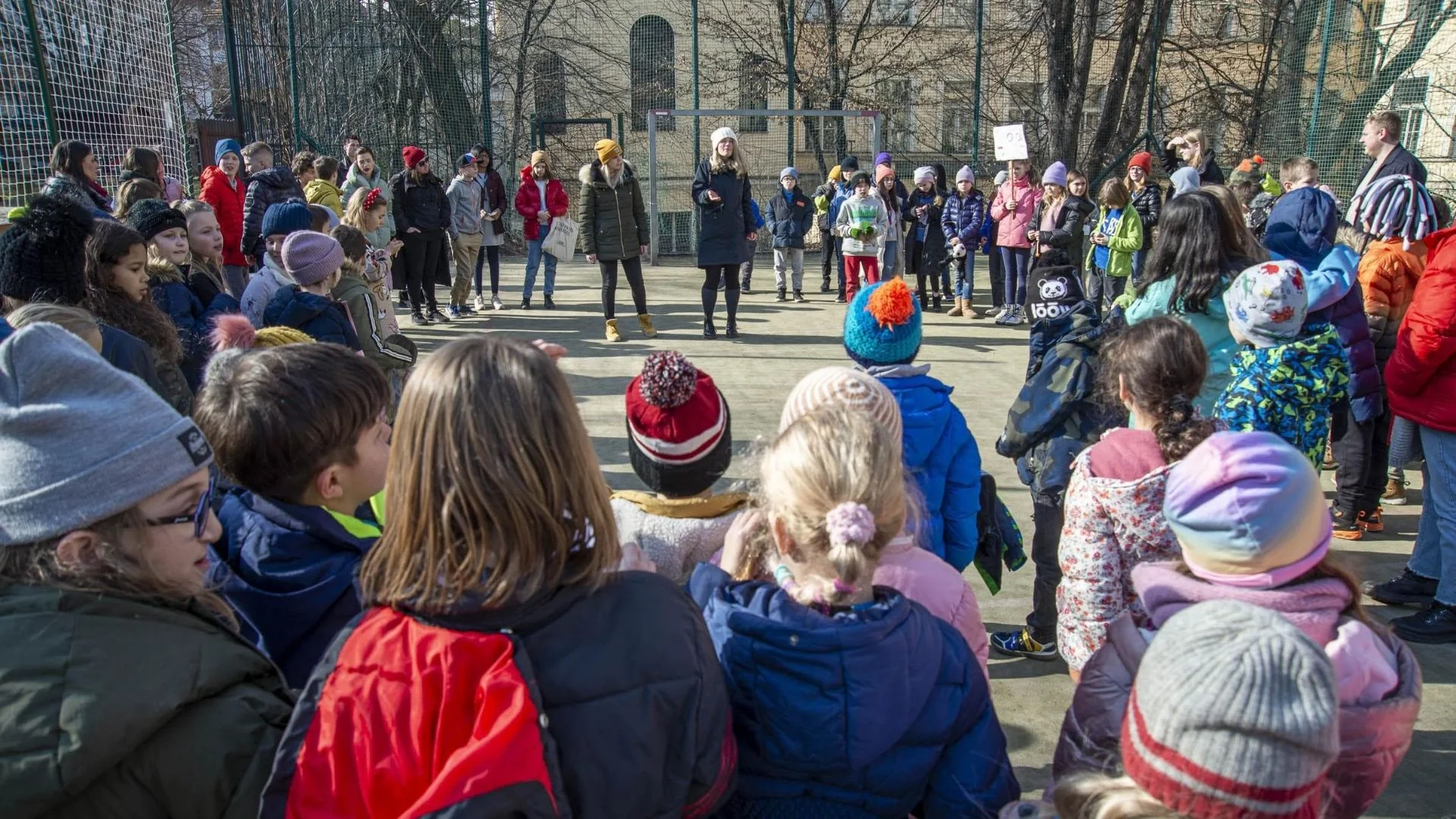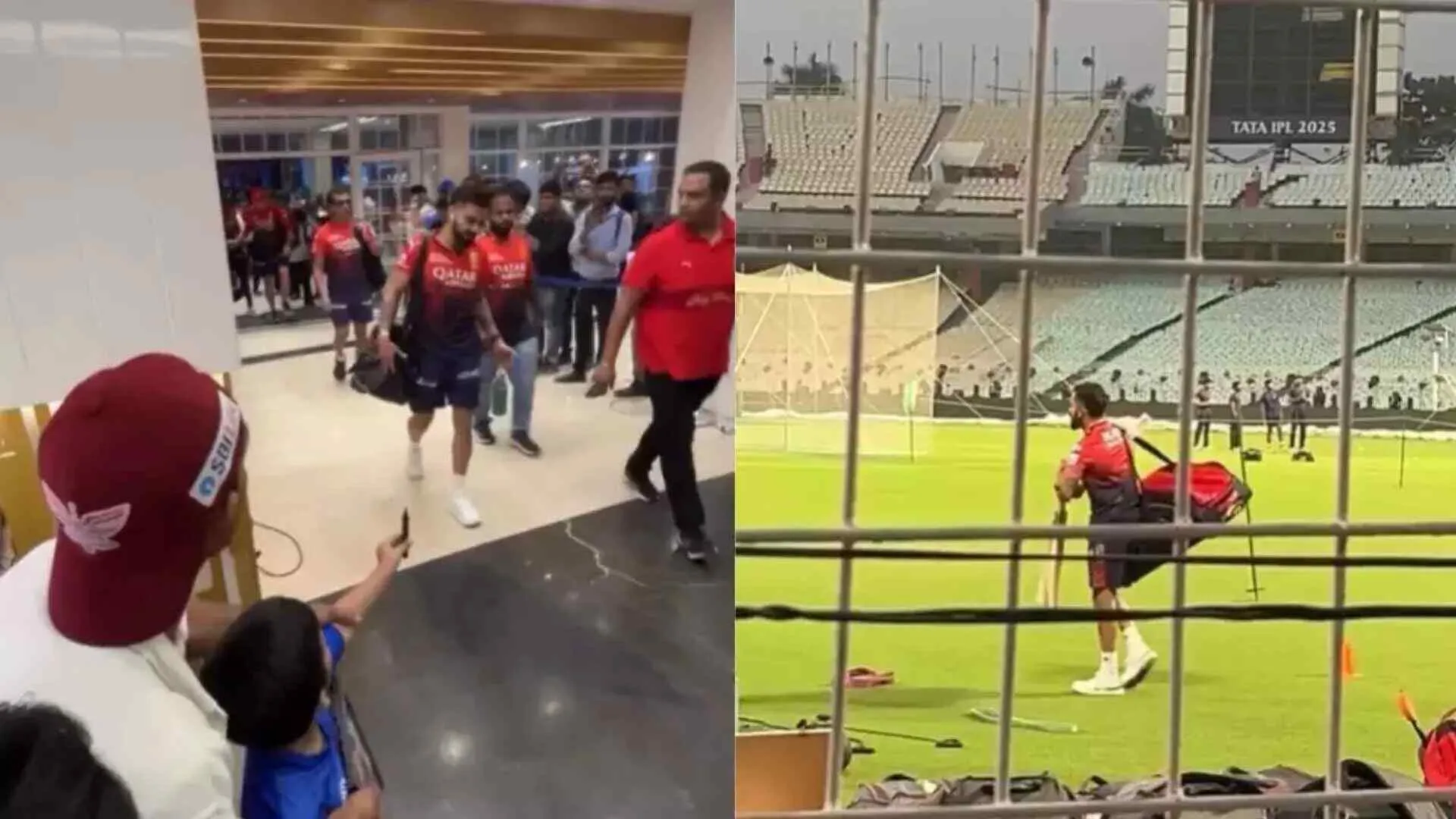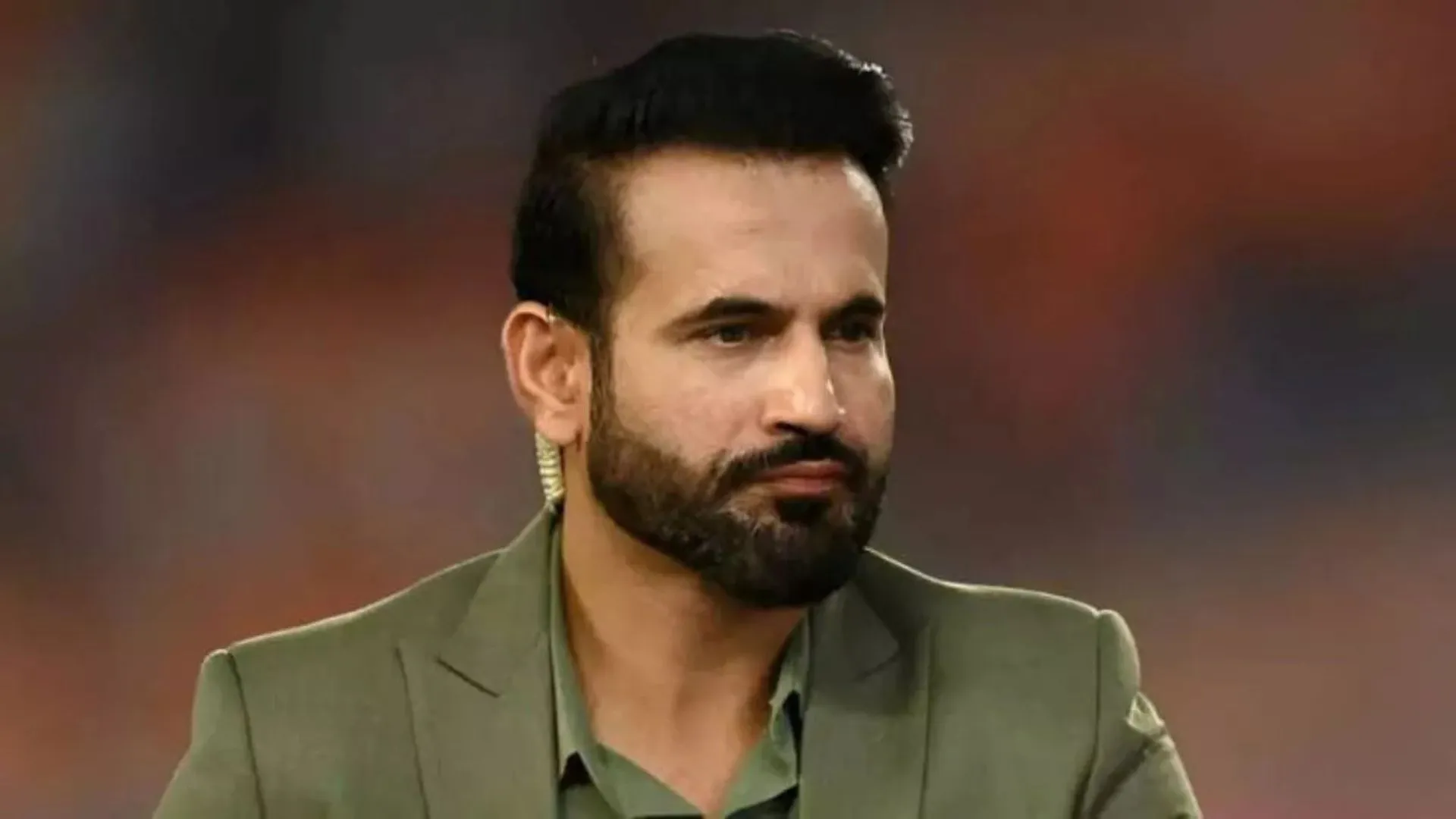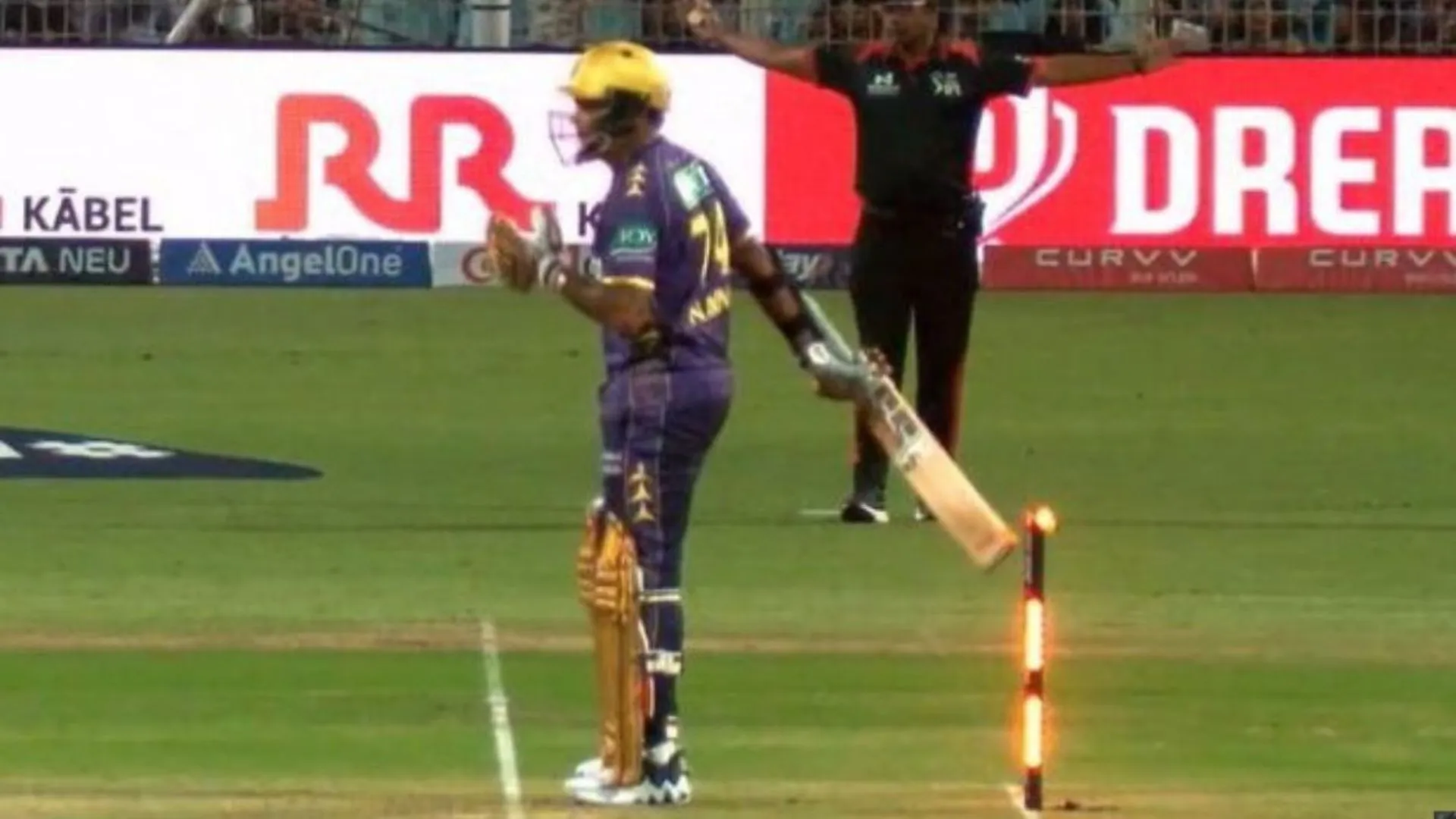During a diplomatic dispute between the two nations, the Indian High Commissioner to the Maldives, Manu Mahawar, convened a discussion with the Maldivian Minister of Economic Development and Trade, Mohamed Saeed, to explore prospective avenues for trade and economic collaboration.
Maldives Ministry of Economic Development and Trade posted information about the meeting on X saying, “Minister @em_saeed met with Indian High Commissioner to Maldives, H. E. Munu Mahawar, and discussed potential areas for trade & economic cooperation.”
Minister @em_saeed met with Indian High Commissioner to Maldives, H. E. Munu Mahawar, and discussed potential areas for trade & economic cooperation.@HCIMaldives pic.twitter.com/QaubOLBMId
— Ministry of Economic Development and Trade (@MoEDmv) May 1, 2024
In reaction to the Maldivian Ministry’s communication on X platform, the Indian High Commission in Maldives conveyed New Delhi’s readiness to sustain dialogue and interaction with the island nation.
“We look forward to continued engagements with @MoEDmvfor further enhancing India-Maldives economic cooperation,” the Indian High Commission in Maldives posted on X.
We look forward to continued engagements with @MoEDmv for further enhancing India-Maldives economic cooperation. https://t.co/3B5rZSdzC2
— India in Maldives (@HCIMaldives) May 1, 2024
Significantly, this signifies the inaugural encounter between the two nations subsequent to the victory of President Mohamed Muizzu’s ruling People’s National Congress (PNC), which is perceived as pro-China, in securing a supermajority of 60 seats in the Maldives Parliament during the recent parliamentary elections.
It’s important to note that relations between India and the Maldives have become tense since President Mohamed Muizzu assumed office. However, India has consistently maintained a soft diplomatic approach towards the latter and has continued its [activity]. Remarkably, the approved quantities are the largest since the inception of this bilateral agreement in 1981. India and the Maldives signed a trade agreement in 1981, which allows for the export of essential commodities.
The allocation for river sand and stone aggregates, essential for the thriving construction sector in the Maldives, has surged by 25 percent to 1,000,000 metric tonnes. Additionally, there’s been a 5 percent rise in quotas for eggs, potatoes, onions, sugar, rice, wheat flour, and dal (pulses).
Furthermore, India persisted in exporting rice, sugar, and onions to the Maldives last year, notwithstanding the global prohibition on the export of these commodities from India. “India remains strongly committed to supporting human-centric development in the Maldives, as part of its ‘Neighbourhood First’ policy,” the statement by the Indian High Commission in Maldives then stated.
During and after the presidential polls, he voiced criticism against India, and his government formally urged India to withdraw its troops from Male. However, in March, Muizzu appealed to New Delhi for debt relief measures, affirming that India would remain the Maldives’ “closest ally,” as reported by local media.

